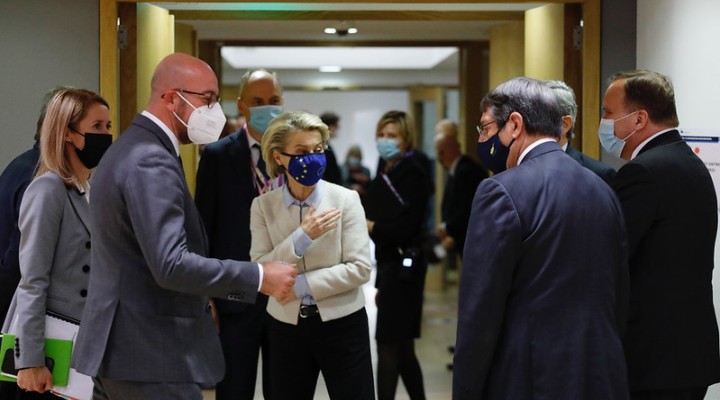“Although the epidemiological situation is improving, the pace of vaccination is increasing, and the EU’s digital COVID-19 certificate will soon be available for use, the free movement of the citizens of the Member States in the European Union has not yet been restored. Right now, many restrictions remain in place that are more limiting than the agreed recommendations between the Member States,” said Kallas and considered it essential to urgently review the agreements on travel within the European Union.
Kallas emphasised that vaccines are the only way out of the COVID-19 pandemic and welcomed the fact that the European Commission has already managed to reach common agreements to procure vaccines for Europeans in the coming seasons.
EU leaders reaffirmed their solidarity with non-EU countries in combating COVID-19 and support for vaccination, which is essential both to prevent the global spread of the infection and to prevent the emergence of new strains. The European Union, together with its Member States, will provide at least 100 million doses of vaccine to struggling third countries by the end of the year. Regarding the distribution of vaccines, Kallas considered it essential to focus the aid especially on the Eastern Partnership countries.
With regard to reducing carbon emissions, the heads of state and government discussed the steps the EU needs to take to combat climate change in the coming years. At the end of last year, the European Council agreed on an EU target of reducing greenhouse gas emissions in the European Union by at least 55% by 2030 compared to 1990 levels.
Estonia supports the EU’s ambitious climate goals and achieving climate neutrality by the year 2050. “Now that we have set goals, we must also agree on a framework for achieving these objectives in a way that is realistic and affordable for all,” said Kallas. The prime minister also highlighted the strong need to invest in offshore wind and hydrogen infrastructures.
Kallas also noted the great impact of climate change on energy production. “To ensure energy security, we must increase investments in clean energy and fuel production. Increasing our cross-border offshore wind energy production is key for the Baltic Sea countries,” said Kallas.
The prime minister also considered it essential that the European Union’s energy-intensive production is ensured a level playing field with third countries.
Photos: https://www.flickr.com/photos/stenbockimaja/albums/72157719309945080
